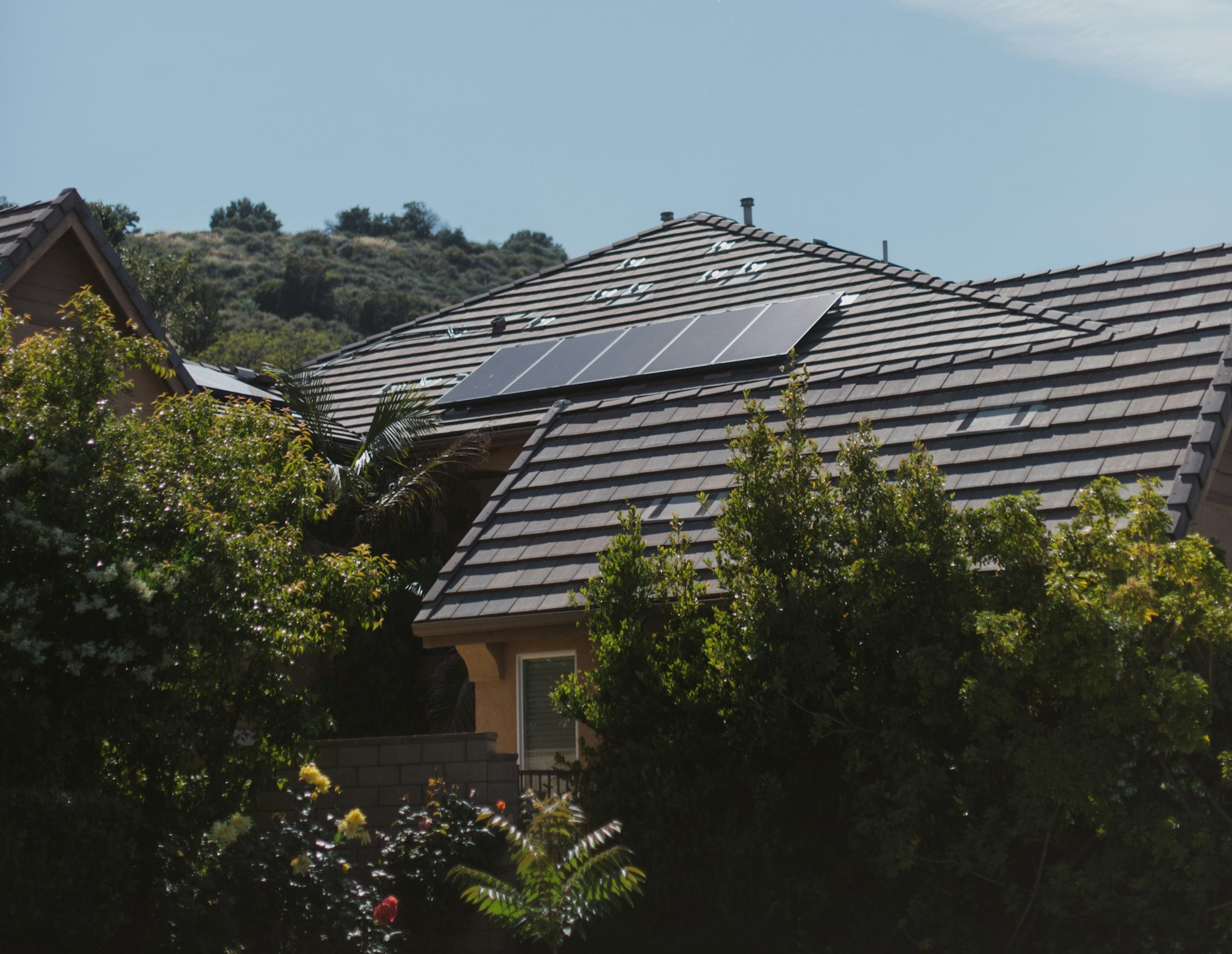Solar in Winter: Do Solar Panels Work in Colder Months?

In this post, we’ll debunk some of the myths around solar in winter, explain how solar panels actually perform, and give you real-world data on the power you can expect from your solar system throughout the year.
Common Winter Solar Misconceptions
Let’s first address the common concerns homeowners have about solar panels in winter:
- Reduced Sunlight Hours
While it's true that there are fewer daylight hours in winter, modern solar panels are designed to make the most of available sunlight. Even in overcast conditions, your system can generate electricity, because panels are sensitive to a broad spectrum of light, not just direct sunlight. - Cloudy Weather
Clouds don’t stop solar panels from producing electricity! While cloudy days might reduce the output, solar systems continue to generate power—just at a lower efficiency compared to bright sunny days. Regions with high cloud coverage still benefit from solar energy year-round. - Colder Temperatures
Interestingly, solar panels actually perform better in colder temperatures! Overheating can reduce solar panel efficiency in summer, but cooler winter temperatures allow them to operate more efficiently. So, don’t let the cold weather fool you—solar is still a smart investment.
Solar Performance in Winter: Real-World Data
To give you a better idea of how solar performs in winter, let’s look at the real-world performance of a typical 10kW system. The system consists of a 10kW inverter and 30 x 440W panels.
How Much Energy Does the Average Home Use?
The average Kiwi household consumes roughly 8,000 kWh annually, or about 22 kWh per day. So, how does a 10kW solar system stack up against this consumption?
Average Solar Production by Season
In Auckland, the average daily sunlight hours (or "pure sunlight hours") fluctuate throughout the year. On average:
- January (summer): 5.88 sunlight hours per day
- June (winter): 2.12 sunlight hours per day
- Annual average: 4.11 sunlight hours per day
With these figures in mind, let’s calculate how much energy the system can produce in both winter and summer, accounting for real-world efficiency losses.
Efficiency Factors to Consider
No solar system operates at 100% efficiency. Several factors affect performance, including:
- Dirt buildup on panels
- Shading from nearby structures or trees
- Inverter efficiency
- Voltage drops in the wiring
- Temperature impacts
These variables, combined, reduce the system’s efficiency to around 77%. The formula looks like this:
Efficiency Losses = 0.93 (temperature) x 0.97 (voltage drop) x 0.95 (soiling) x 0.93 (shading) x 0.97 (inverter) = 0.77
How Much Energy Can Your Solar Panels Produce in Winter?
Let’s calculate the daily energy production for a typical winter day in June, as well as a peak summer day in January:
- Winter (June) Output
Formula: Panel Rating (13.2kW) x PSH (2.12) x Efficiency Losses (0.77) = 21.5 kWh/day
Even in winter, this system can produce over 21 kWh per day, nearly matching the average household’s daily consumption of 22 kWh. - Summer (January) Output
Formula: Panel Rating (13.2kW) x PSH (5.88) x Efficiency Losses (0.77) = 59.8 kWh/day
During the summer, your system can generate nearly 60 kWh per day—more than double the average household consumption!
Annual Production
On an annual basis, the system can produce roughly 16,323.4 kWh, far exceeding the typical household consumption of 8,000 kWh per year. This means that over the course of a year, you’ll not only cover your energy needs but also generate excess power that can be sold back to the grid or stored in batteries for use at night.
What This Means for You
Solar power works year-round, even in winter! With a well-designed system, you can generate enough power to cover your needs, reduce your electricity bill, and even sell excess energy back to the grid. Whether it’s sunny or cloudy, summer or winter, your solar system will keep working hard for you.
Ready to take the next step toward energy independence? Check out our Solar Calculator to see how much you could save on your power bill all year long!
Continue Reading
Explore our blog for helpful insights, guides, and the latest news on solar energy. Learn how you can make the most out of your solar power system and stay informed about the benefits of renewable energy.
Ready to Get Started?
Take the first step towards a sustainable future today. Get a free quote from us and see how much you can save by switching to solar power. Our experts are here to help you every step of the way.





